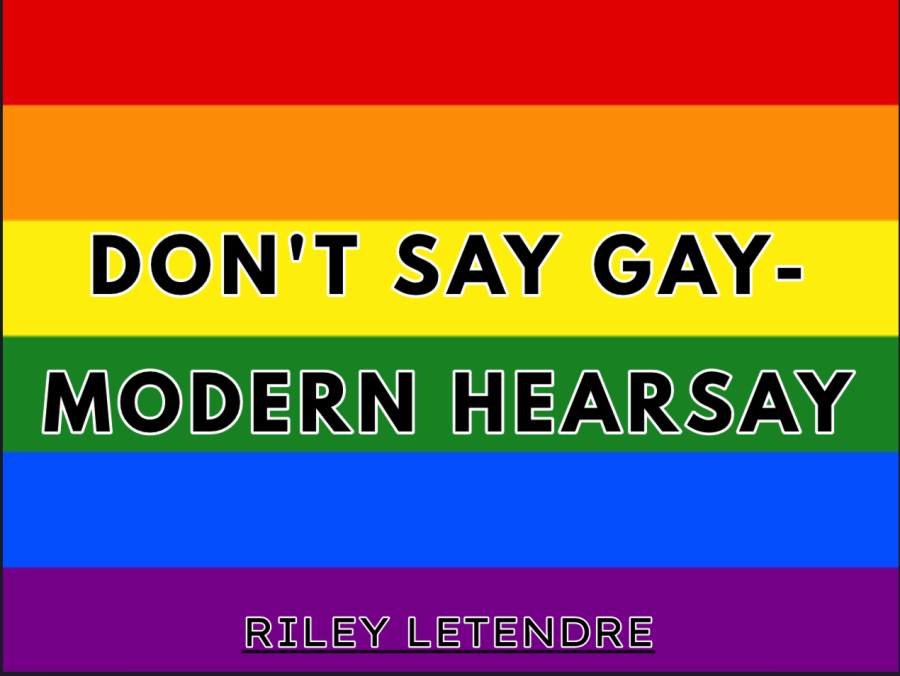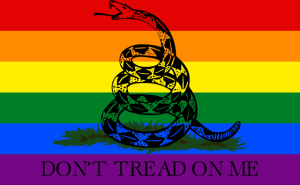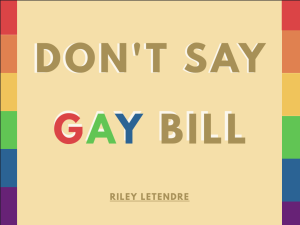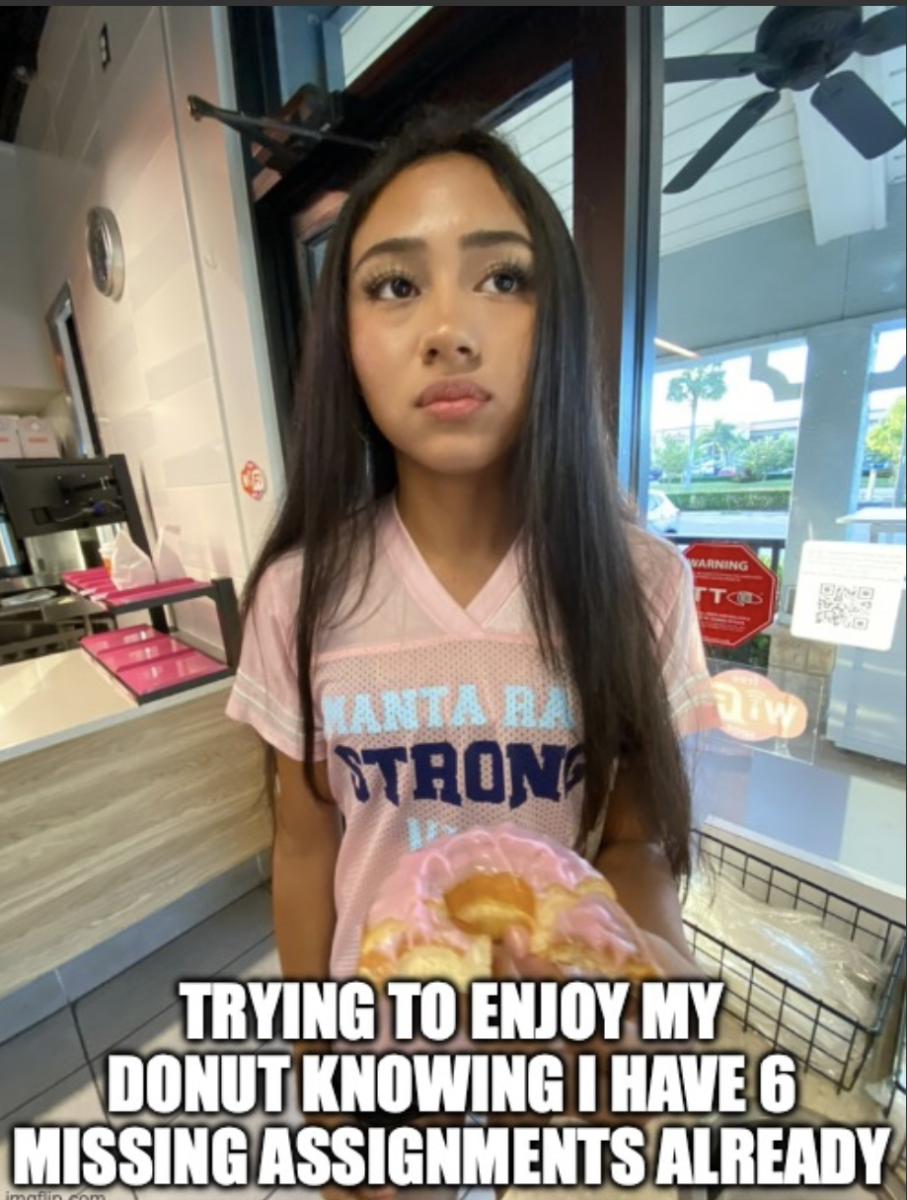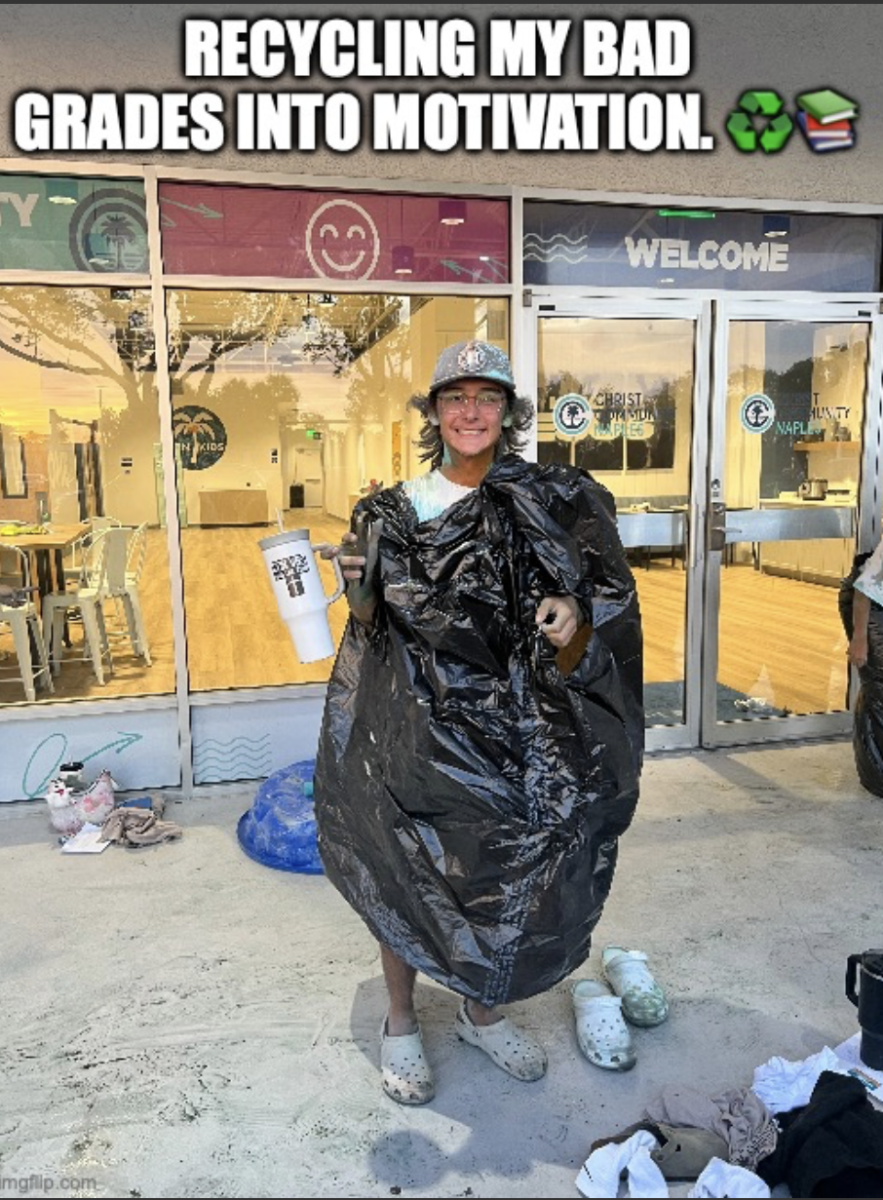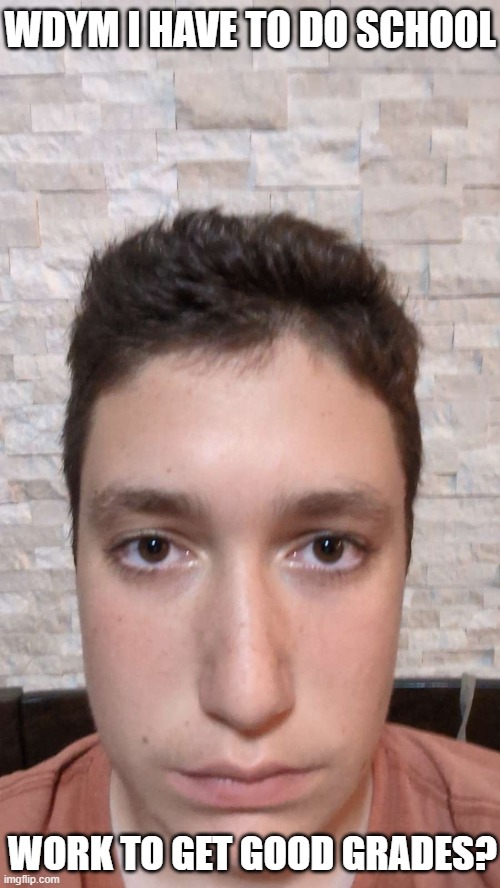Don’t Say Gay- Modern Hearsay
Managing Editor, Riley Letendre, on the “Don’t Say Gay Bill.”
March 7, 2022
My Opinion
HB 1557, or the “Don’t Say Gay” bill is discriminatory toward LGBTQ+ individuals and can potentially put thousands of LGBTQ+ youth at risk. For many, school is a safe space where an individual can be themselves, and find support from teachers and peers. Through this bill being signed into law, students in Florida will not have this support from their peers, and teachers and staff will be required to tell their parents, even if that is not wanted by the child. While the bill does say the exception to this would be if the child lives in an environment where abuse is possible, there are a lot of situations where abuse is not known by a school community.
In addition to the potential problems of abuse in the home due to a child’s identity, this part of the bill takes away the individual’s autonomy. No longer would the child be in control of who they tell, when, and how. It is important for these individuals to be able to make their own decisions in regards to “coming out,” as they know best about their own feelings, and likely know better about those around them outside of school than teachers or other staff members would.
Part of the problem with this legislation is the idea that conversations about LGBTQ issues must be age-appropriate. There is no designated standard of appropriateness outlined in the bill, which leaves it up for interpretation. This could hurt school districts because there are no specific guidelines, yet they could be sued for allowing too much to be said on the issue. Would these conversations being age-appropriate just mean students can’t talk about being attracted to the same sex or being transgender, or would it extend to discussing friends and family that identify as a part of the community? There are no restrictions given, and people have a range of opinions on what is appropriate for children of different ages.
In terms of speaking about LGBTQ+ family members, Representative Harding claims that the bill won’t stop these conversations, however, nothing in the text of the bill supports this or designates this as true.
The politicians and groups in support of this bill also have a misconstrued idea of what LGBTQ+ identification is like. Governor DeSantis claims that transgender individuals “pick” their gender, which is directly discriminatory toward these individuals, as science backs that identifying as transgender is not a choice, but a journey of self-discovery. No one would ever “pick” or “choose” to be transgender or LGBTQ+ as he says because this identification brings about a lot more hardship than people need – that’s why these groups were silent for so long.
If the politicians behind creating the bill and supporting it don’t understand these fundamental, scientific truths in regard to transgender people, how can we trust that the bill is meant to help and not hurt these marginalized people?
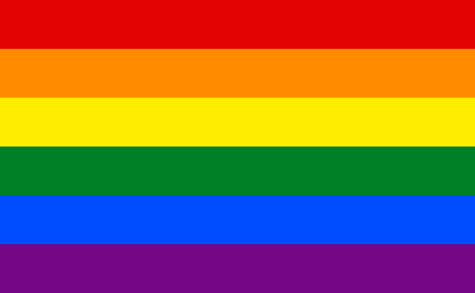
Delving further into my own life, I have been raised in a family where being LGBTQ+ is accepted and supported, even despite varying religious and political beliefs. I have LGBTQ+ identifying aunts, uncles, and sisters. If I were a younger child in Florida today, I could potentially be shut out from telling the truth about my close family members and their lives because others could be offended by it. What baffles me is the people pushing this bill and the idea of “appropriate conversations” are often those that say liberal and LGBTQ+ people need to “stop being so offended.” Why do we have to be silent about people’s real lives just so you are not offended?
This bill ignores the truth. The truth that anybody should be able to see is that 12% of the world’s population is estimated to identify as LGBTQ+. And whether an individual believes that it is right or wrong is a separate issue, but there is no denying that these people exist, so why should they be shut out of a school environment? By doing so with this bill, politicians are doing a disservice to all children in Florida.
In 2019, GLSEN performed a survey of Florida students and determined Florida high schools “…were not safe for most lesbian, gay, bisexual, transgender, and queer (LGBTQ) secondary school students.” Since the introduction of this bill, it is unrealistic to estimate that Florida high schools have only become less safe for LGBTQ+ teens.


